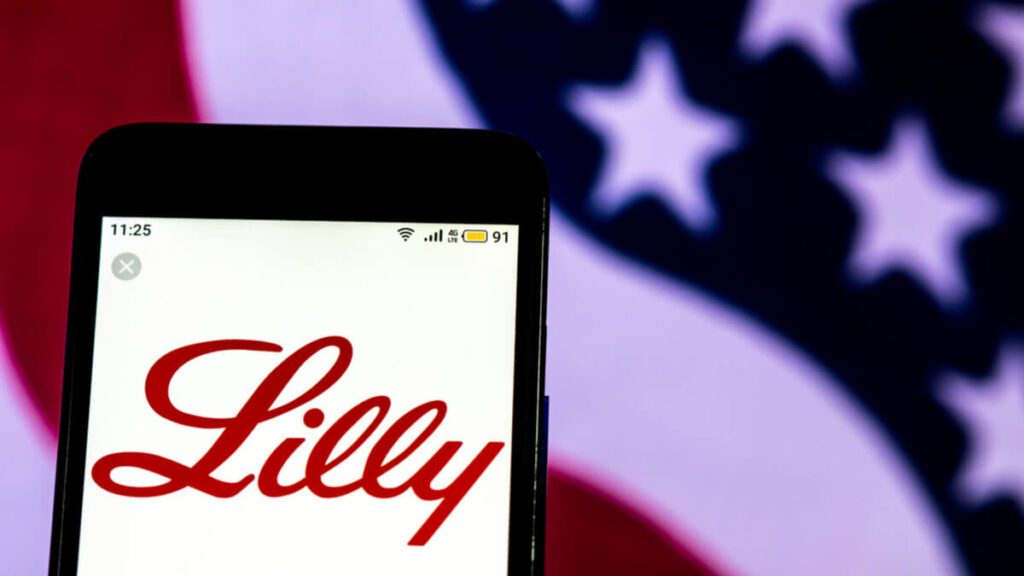
The pharmaceutical company Eli Lilly and Company is hard at work to deliver the second best thing to a vaccine we can hope for to nursing homes across the US. The company is going around elderly homes testing patients and staff for COVID-19, and administering their COVID-19 ‘mobile-lab’ treatment, as well as extracting antibodies from those who have already healed from the virus for further research.
The Company is doing this in a rather unconventional way. The company is bringing the lab to the nursing homes by driving around in RVs kitted out as makeshift testing labs.
Elder care facilities are linked to 40% of COVID-19 related deaths, and so it would make perfect sense to start using this temporary boost where people are most vulnerable.
The drug itself is made of natural antibodies that have been produced by the body after being exposed to the coronavirus. The antibodies for this particular drug are extracted from early survivors of the virus, and manufactured on a large scale. It does not give long-term protection, but researchers know that their COVID-19 ‘mobile-lab’ treatment does boost the body’s immune response for a time after injection.
“We wanted to see if we could help people in nursing homes because the disease has been so devastating,” said Chief Scientific Officer of Eli Lilly, Dr. Dan Skovronsky on CNBC’s “The Exchange.”
Antibodies have proven to be viable lifesaving treatments for diseases like Ebola in the past, and may prove so again until an actual vaccine hits the shelves. In the meantime, it could prove lifesaving for vulnerable people and those on the front lines of the pandemic like necessary workers and healthcare professionals.
The goal here is to make the treatment preventative. Currently it is only useful after a patient has taken ill with the virus. The next stage of testing involves 2,400 volunteers to see if the COVID-19 ‘mobile-lab’ treatment can be used as an auxiliary protective measure that is both more available and easier to produce than a vaccine currently.